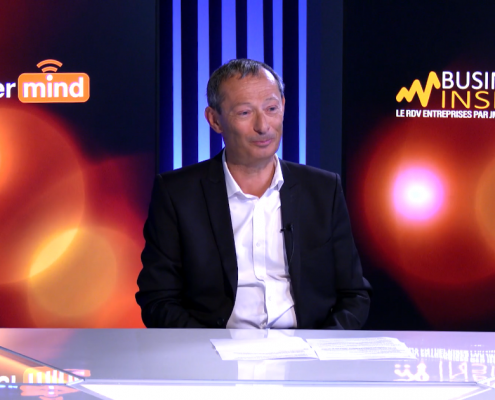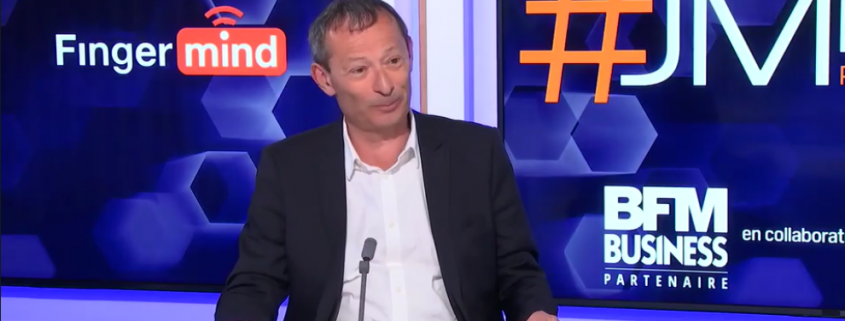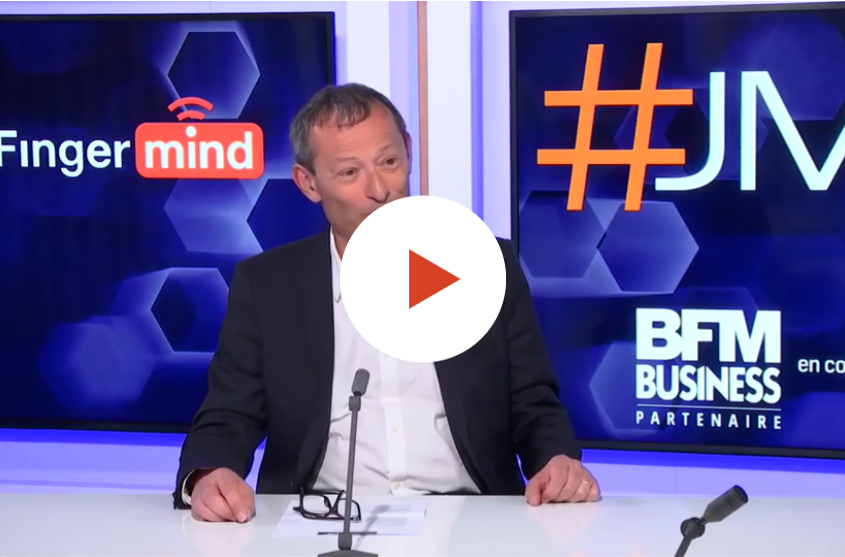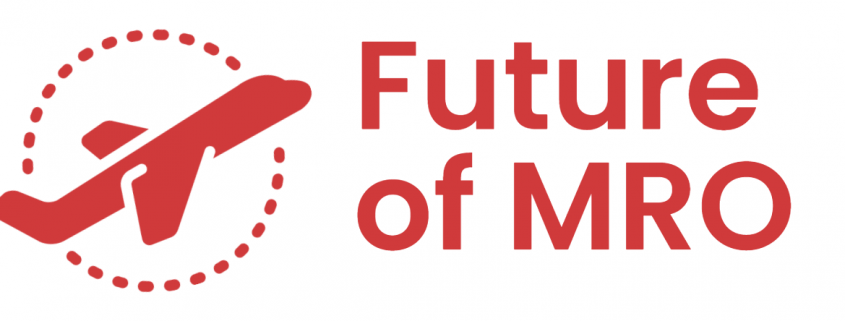Celebrating International Aviation Maintenance Technician Day
Today, 24th of May, we celebrate International Aviation Maintenance Technician Day, a day dedicated to acknowledging and honoring the incredible work of aviation maintenance technicians around the world.
These unsung heroes ensure the safety and efficiency of every flight, playing a pivotal role in the aviation industry.
At Fingermind, we are proud to support and innovate for these indispensable professionals.
The vital role of Aviation Maintenance Technicians
Aviation maintenance technicians are the backbone of the aviation industry. Their meticulous work ensures that aircraft operate safely and efficiently, performing regular inspections, maintenance, and repairs.
They are responsible for diagnosing and fixing issues, adhering to stringent safety standards, and ensuring compliance with aviation regulations.
Ensuring safety in the skies
Safety is paramount in aviation, and maintenance technicians are at the forefront of this critical mission. Their expertise and attention to detail prevent accidents and ensure that passengers and crew can trust the aircraft they board.
From routine checks to complex problem-solving, these professionals are dedicated to maintaining the highest standards of safety.
The challenges they overcome
Aviation maintenance is not without its challenges. Technicians often work under high pressure, dealing with tight schedules and complex technical issues.
Despite these pressures, they consistently deliver exceptional work, demonstrating resilience, skill, and a commitment to excellence.
Fingermind’s commitment to Aviation Technicians
At Fingermind, we are dedicated to supporting aviation maintenance technicians with our comprehensive MRO Suite of IT solutions. Designed to enhance efficiency and safety, our suite includes:
- eJobcards: Streamline task management and reduce paperwork with real-time access and updates.
- Task Scheduling and Planning: Optimize workflows with advanced scheduling tools to minimize downtime.
- Inventory Management: Ensure parts availability with efficient tracking and management.
- Compliance and Documentation: Maintain regulatory compliance with secure e-signatures and thorough documentation.
- Real-Time Data and Analytics: Gain insights into performance metrics and maintenance trends for proactive problem-solving.
Our MRO Suite empowers technicians, helping them achieve excellence in their critical roles while ensuring the highest standards of safety and efficiency.
Celebrating their dedication
On this International Aviation Maintenance Technician Day, we extend our deepest gratitude to all the technicians who keep our skies safe. Your expertise, dedication, and hard work are invaluable to the aviation industry and to everyone who relies on air travel.
As we celebrate this special day, let us remember the critical contributions of aviation maintenance technicians. At Fingermind, we are committed to continuing our support for these heroes through innovative solutions like eJobcards, helping them achieve excellence in their vital work.
Happy International Aviation Maintenance Technician Day!


 Maintenance is a critical element in keeping aircraft flying safely. To help companies be more efficient, Fingermind offers software to access the necessary documentation and track the execution of procedures. CEO Christophe Remy tells us more.
Maintenance is a critical element in keeping aircraft flying safely. To help companies be more efficient, Fingermind offers software to access the necessary documentation and track the execution of procedures. CEO Christophe Remy tells us more.


